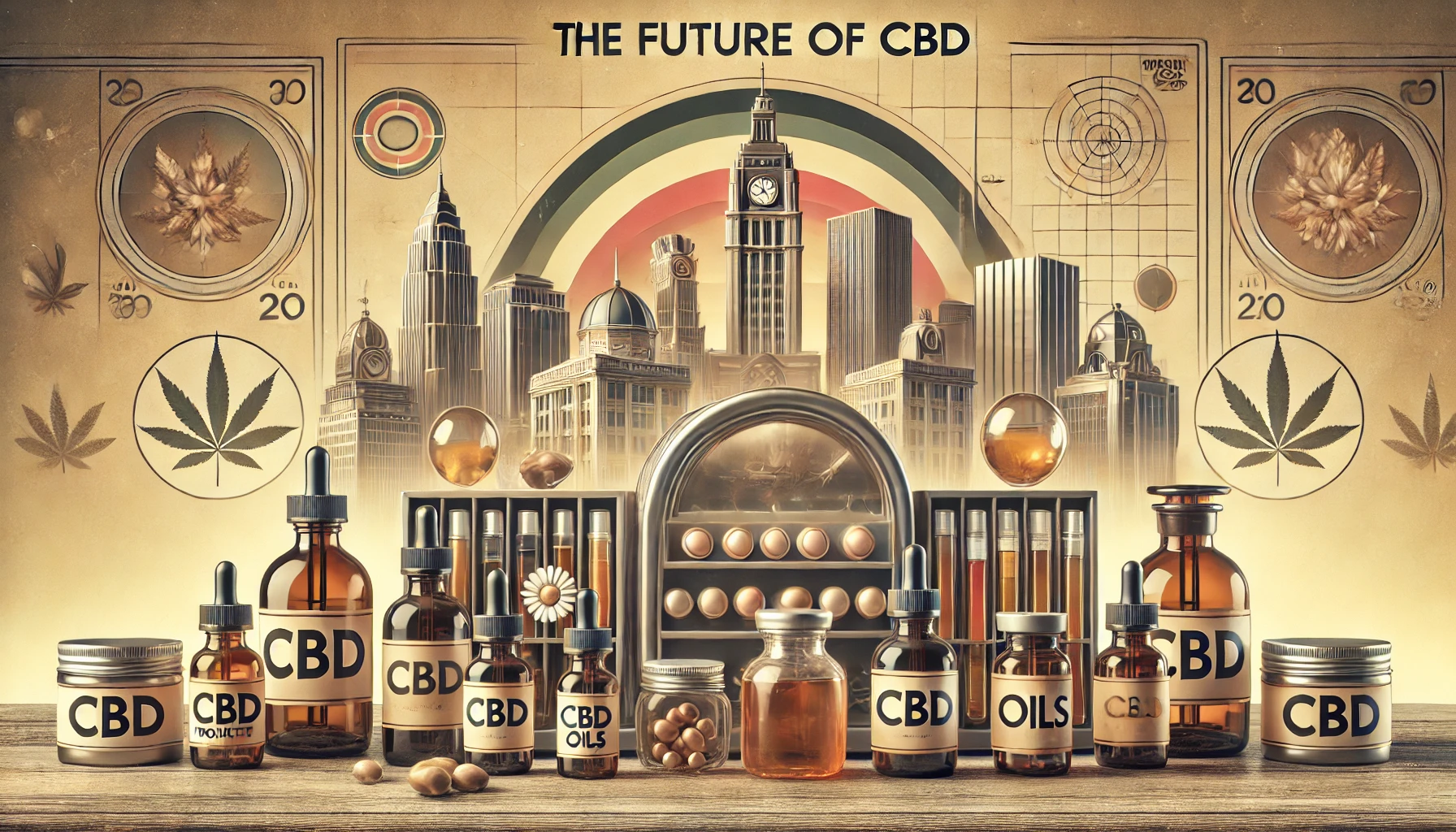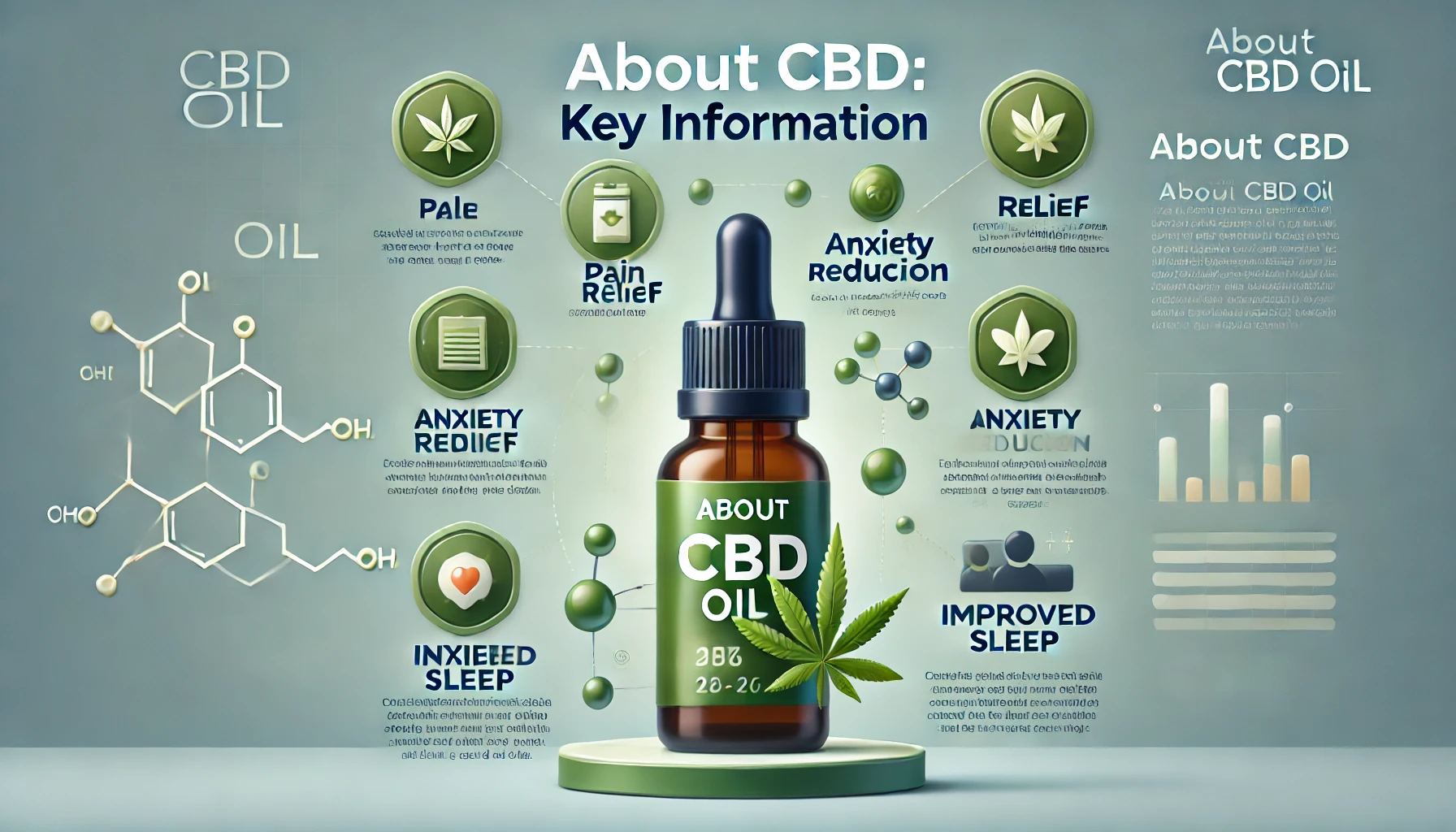The CBD industry has experienced remarkable growth over the past few years, becoming a major player in the wellness market. As consumer demand rises, the industry continues to evolve with exciting new products, innovative delivery methods, and expanding research. In this article, we’ll explore the future of CBD, including the latest trends and innovations shaping the industry.
1. Emerging CBD Product Innovations
As the market grows, manufacturers are continuously developing new ways to consume CBD. Some emerging CBD product trends include:
- Water-Soluble CBD: Traditional CBD oil has a slower absorption rate, but water-soluble CBD is gaining popularity for its quicker onset and higher bioavailability. This innovation allows CBD to dissolve in water, making it easier to incorporate into beverages and food products.
- CBD-Infused Beverages: CBD drinks like coffee, tea, and even sparkling water are becoming mainstream. These products offer a convenient and enjoyable way to consume CBD and are ideal for those who prefer not to use tinctures or capsules.
- Nano-Enhanced CBD: This cutting-edge technology involves breaking down CBD molecules into smaller particles for faster absorption and enhanced effectiveness. Nano-CBD products could lead to more efficient and longer-lasting relief from symptoms like anxiety, pain, or insomnia.
2. Growth of CBD in Beauty and Skincare
The CBD beauty and skincare market is booming, with CBD becoming a key ingredient in many products due to its anti-inflammatory and antioxidant properties. We can expect to see more innovations in this area, such as:
- Anti-Aging CBD Products: With CBD’s ability to fight oxidative stress, future products will likely focus on anti-aging benefits, helping reduce wrinkles and promote youthful-looking skin.
- CBD Haircare: Shampoos, conditioners, and hair serums infused with CBD are emerging as a trend, with claims of promoting scalp health and hair growth.
3. CBD and Personalized Wellness
As wellness trends shift towards personalized health, CBD products will likely follow suit. This includes:
- Customized CBD Formulations: Some companies are beginning to offer tailored CBD products based on individual needs. These custom formulations may consider factors like body weight, metabolism, and specific health goals to create personalized solutions for anxiety, sleep, or pain management.
- CBD and Genomics: The future could see CBD products developed using genetic testing. Consumers may one day be able to receive CBD formulations designed specifically for their genetic makeup, enhancing the effectiveness of the treatment.
4. Advancements in CBD Research
The growing body of research into CBD is helping to unlock its full potential. Ongoing studies are exploring new ways CBD can be used to treat conditions beyond pain, anxiety, and epilepsy. Key areas of focus include:
- CBD for Mental Health: Future research will likely dive deeper into the potential of CBD for treating conditions like PTSD, depression, and ADHD. As more data emerges, we may see CBD become a widely accepted treatment option for mental health disorders.
- CBD for Neurodegenerative Diseases: There is growing interest in how CBD could be used to manage symptoms of neurodegenerative conditions like Alzheimer’s and Parkinson’s disease. Continued research could result in CBD-based therapies for these complex diseases.
- Clinical Trials and FDA Approvals: As the CBD industry matures, we may see more CBD products undergo clinical trials and seek FDA approval. This could lead to greater regulation, but also increased trust in the therapeutic uses of CBD.
5. CBD Regulations and Market Expansion
The future of CBD will also be shaped by changes in regulations and broader market expansion. Here’s what to expect:
- Evolving Regulations: The regulatory landscape for CBD is still developing, but as research validates its benefits, we may see more countries legalize CBD and ease restrictions. Stricter quality standards may also be implemented to ensure that products are safe and effective.
- CBD in Global Markets: The CBD market is already global, but as regulations evolve, we will likely see greater availability in countries where it is currently restricted. Europe, Latin America, and parts of Asia are expected to see significant growth in the CBD market.
- Mainstream Acceptance: As CBD products become more commonplace and better understood, we can expect to see CBD featured in mainstream health and wellness sectors, including large retailers, gyms, and even pharmaceutical companies.
6. The Intersection of CBD and Other Wellness Trends
CBD is often combined with other wellness trends to enhance its effects. Some emerging intersections include:
- CBD and Functional Mushrooms: The combination of CBD and functional mushrooms, like reishi or lion’s mane, is gaining traction. These mushrooms are believed to boost immunity, cognitive function, and relaxation, making them a great pairing with CBD.
- CBD and Adaptogens: Adaptogens like ashwagandha and rhodiola, known for reducing stress and promoting balance, are being combined with CBD in supplements and drinks. This fusion is aimed at providing enhanced stress relief and mental clarity.
Conclusion: What’s Next for the CBD Industry?
The future of CBD is bright, with exciting trends and innovations on the horizon. From personalized CBD formulations and nano-CBD technology to more robust research and global market expansion, the industry shows no signs of slowing down. As regulations continue to evolve and new products hit the market, CBD is poised to become a mainstream solution for everything from sleep issues to skincare, offering consumers more choices and better ways to integrate CBD into their daily wellness routines.


